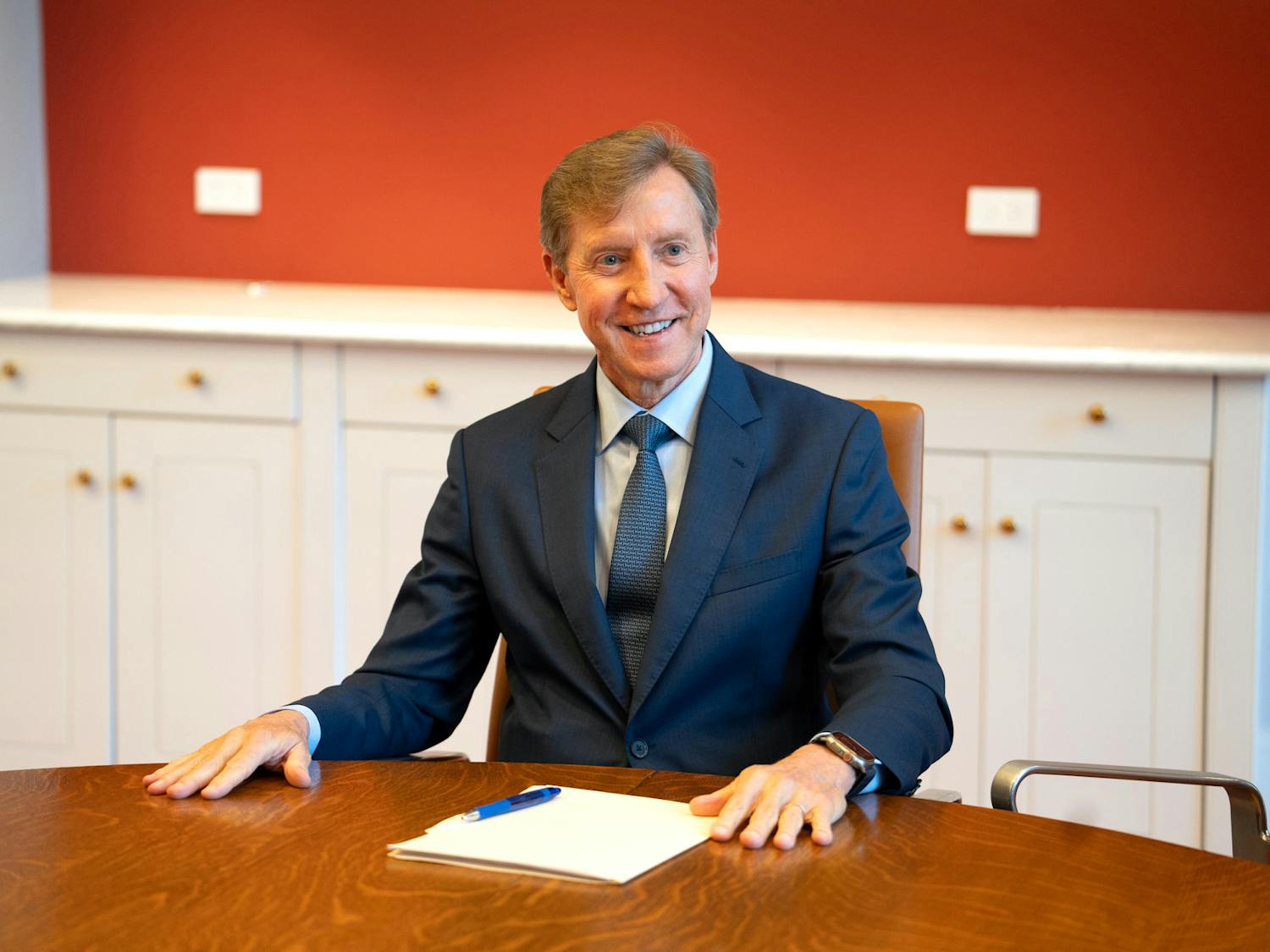He intends to focus on specific programs like the arts and humanities, while limiting attention on weaker departments. Yale University President Richard Levin announced his plan for "selective excellence" in the school's humanities, arts, biological sciences and medical programs -- all areas in which Yale is already an acknowledged leader. His proposal conceded that perfection in all academic programs is a near impossibility -- "We must strive for excellence in everything we do, but we cannot do everything," he said. Levin, who presented his plan for the 21st century to the Association of Yale Alumni last month, said he will also strive to develop more "interconnectedness" between Yale's 12 schools. Several other schools -- including Penn -- have recently unveiled strategic plans governing academics and overall improvement for the next few years. Although Levin emphasized that Yale will continue to support all fields of study, he noted the advancement of some departments will not be as extensive as others. Levin said other departments that have the most potential for excellence include the Law School and the library and museum collections. He added that the university is taking steps to upgrade certain campus facilities. "We have recently developed a plan for the comprehensive renovation and reconfiguration of our central campus science facilities and a similar plan will soon be developed in the School of Medicine," Levin said. Levin maintains that no departments will be eliminated under the plan. He said there will be a reduced focus on weaker departments with limited resources. But Levin's plan for selective excellence has not come without criticism. Jon Zerolnick, a 1996 Yale graduate, said under the new plan, the administration could choose between the departments it wants to improve and those it wishes to simply maintain. "Depending on the agendas of whoever is deciding what department's going to be helped and what's going to slide, this is pretty problematic," Zerolnick said, referring to Yale's Ethnic Studies Department. Zerolnick noted the administration has not supported the department in the past and could use the plan as an excuse to eliminate it altogether. But Levin cited programs in several Yale departments -- including Astronomy, Linguistics and Statistics -- that were improved in the past few years, despite the departments' limited resources. He added the university is currently working to strengthen programs in its three engineering departments. Faculty members and administrators from several departments Levin described as having less potential -- such as engineering -- refused to comment on the president's plan. Levin said he is also looking to create more interaction between Yale's 12 schools. He said academic programs and faculty appointments that span more than one school will create new areas of study and research. "The College, the Graduate School and the 10 professional schools do not stand independently," Levin said. "They are instead part of one integrated whole, lending strength and support to one another." Levin cited interaction between the graduate Schools of Art and Music and undergraduates in Yale College as a model of "inter-connectedness." And Yale spokesperson Tom Conroy said the plan will maximize interdisciplinary efforts. "Similar to Penn and Yale's peers, the number of schools Yale has provides great opportunities for students in any of those schools to be exposed to faculty and students beyond their school," Conroy said.
The Daily Pennsylvanian is an independent, student-run newspaper. Please consider making a donation to support the coverage that shapes the University. Your generosity ensures a future of strong journalism at Penn.
DonateMore Like This
Here’s what Penn hopes for in 2026
By
Phoebe Anagnos
·
12 hours ago
Penn Engineering announces accelerated online master’s program
By
Addison Saji
·
13 hours ago








